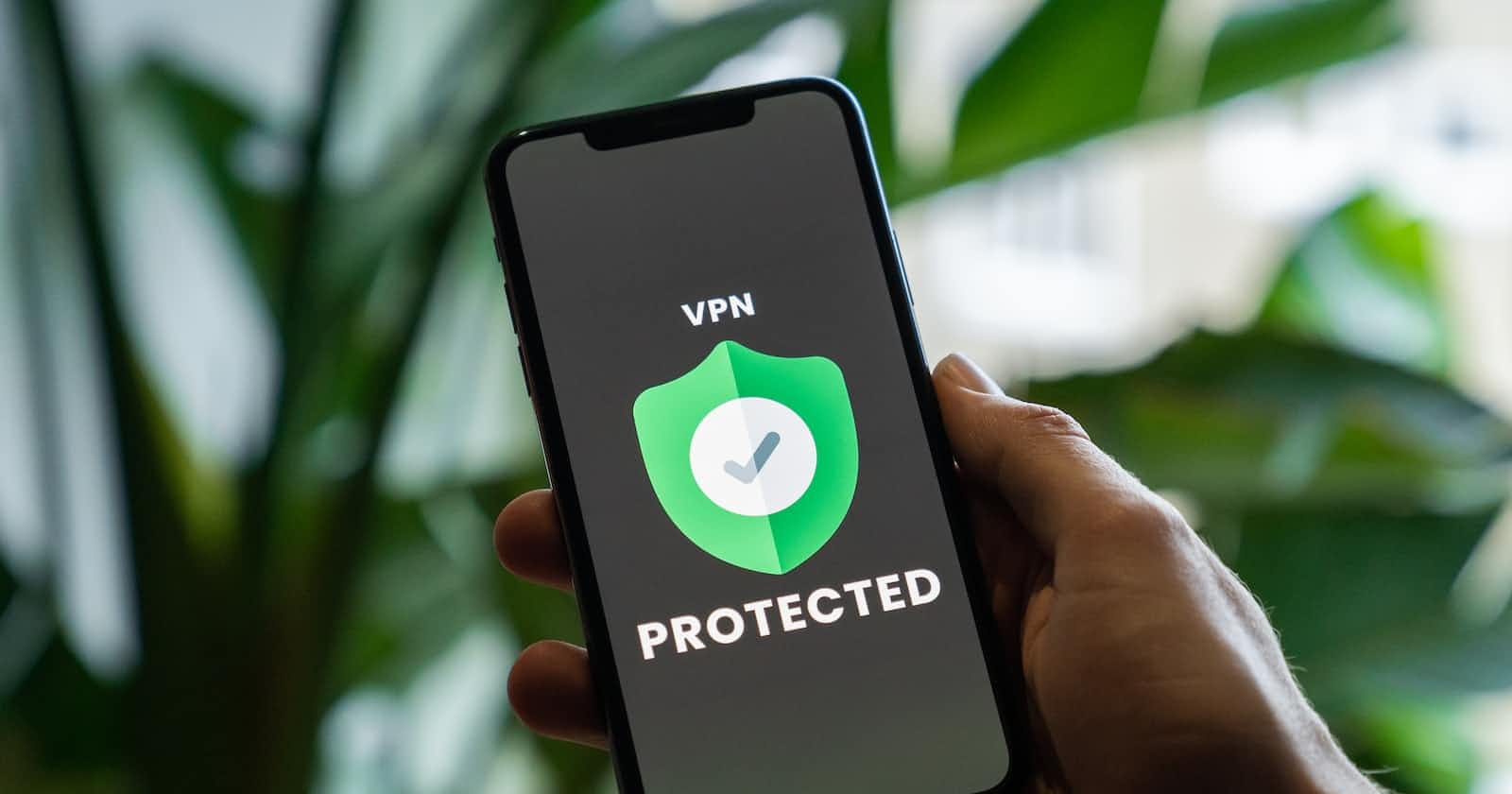
Photo by Privecstasy on Unsplash
Protect Yourself on Public Wi-Fi: Why a VPN is Your Best Bet in 2023
Protect yourself from cyber threats on public Wi-Fi networks
You're sitting at a hotel restaurant and enjoying a delicious meal. As the check arrives, you realize you need to pay the bill online using your phone. But you don't have any mobile data left on your phone plan. You ask the help desk if they have public Wi-Fi, and they happily provide you with the password. And, you are happy:-)
As you connect to the public Wi-Fi network, you don't realize that this decision could potentially put your personal and financial information at risk. Public Wi-Fi networks are often not secure, meaning that anyone else connected to the same network could potentially intercept and access your online activity and personal information.
There have been numerous incidents reported in the media where individuals have had their personal or corporate data compromised while using public Wi-Fi networks. Here are a few examples:
In 2017, a hacker set up a fake Wi-Fi network at a coffee shop in Buenos Aires, Argentina, which allowed them to intercept the login credentials of patrons who connected to the network. The hacker then used the stolen credentials to access the victims' email and social media accounts. Source: wired.com/story/hacker-intercepts-creds-on-..
In 2016, hackers stole $81 million from the Bangladesh central bank by accessing the bank's computer system through a compromised public Wi-Fi network. The hackers were able to steal the bank's login credentials and transfer the money to accounts in the Philippines. Source: reuters.com/article/us-cyber-heist-philippi..
In 2015, a security researcher demonstrated how easy it was to intercept and view the online activity of individuals using a public Wi-Fi network at a coffee shop in London. The researcher was able to view the victims' web browsing, and email, and even capture login credentials for online services. Source: bbc.com/news/technology-32933251
As the previous incidents reported, connecting to a public Wi-Fi network can be risky because these networks are often not secure, meaning that anyone else connected to the same network could potentially intercept and access your online activity and personal information.
Using a VPN (Virtual Private Network) is important when connecting to public Wi-Fi because it encrypts your internet connection, making it difficult for anyone else on the same network to access your online activity and data. A VPN creates a secure tunnel between your device and the internet, ensuring that all of your online activity is encrypted and protected from prying eyes.
Benefits of using VPN:
VPN encrypts your internet connection, making it hard for others to access your online activity and data.
VPN creates a secure tunnel between your device and the internet, protecting your online activity from prying eyes.
VPN masks your IP address, making it hard for websites and online services to track your location and activity.
VPN is especially important when accessing sensitive information, such as banking or personal email, on a public Wi-Fi network.
List of VPNs:
While I cannot endorse any particular VPN service, I can share my personal experience and recommend some of them to you.
By using a VPN, you can feel confident that your personal and financial information is secure while using public Wi-Fi networks. It's always important to be cautious when using public Wi-Fi networks and take necessary precautions to protect your privacy and security.
